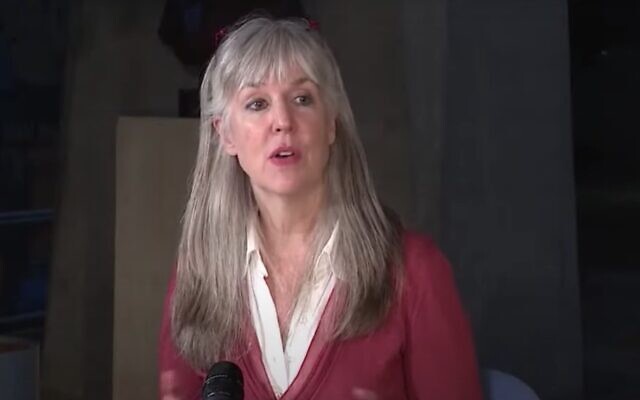GENEVA (AP) – The World Health Organization expressed concern on Thursday that wealthy countries, panicked by the emergence of the Omicron variant, could increase hoarding of COVID-19 vaccines and overwhelm global supplies, thereby stamping out the pandemic. efforts can be complicated.
The United Nations health agency, after a meeting of its expert panel on vaccination, reiterated its advice to governments against the widespread use of boosters in their populations so that well-stocked countries can send doses to low-income countries, which have considerable access. To a lesser extent. Them.
“The thing that stops the disease is that everyone is especially at risk of being vaccinated,” said Dr. Kate O’Brien, head of the WHO’s Department of Immunization, Vaccines and Biologicals. “Looks like we’re taking our eyes off that ball in the countries.”
Months-long short supplies of COVID-19 vaccines have begun to run out over the past two months, and doses are finally getting to countries in need – such as through donations and the UN-backed COVAX program – and the WHO wants that to continue . It has long condemned the “vaccine inequality” by which most of the doses went to people in wealthy countries, whose leaders closed large stockpiles as a precaution.
“As we move to Omicron’s position, there is a risk that the global supply is going back again to high-income countries that are hoarding vaccines – in a sense, in excess – their opportunities for vaccination, And A O’Brien said, a ‘no-remorse’ kind of approach.
“It won’t work,” she said. “It’s not going to work from an epidemiological standpoint, and it’s not going to work from a transmission standpoint until we really have the vaccine going to all the countries, because that’s where the transmission continues. Variants are coming.”

Screen capture from video by Dr Kate O’Brien, head of the WHO’s vaccination department, November 2020. (youtube)
Some wealthy governments leave no stone unturned to bring their populations as close to full immunization as possible. Many questions remain about the severity, transmissibility and resistance of vaccines to the new Omicron variant, which emerged in southern Africa last month and has shown early signs of spreading faster than the widespread and deadly delta variant that is now driving the pandemic .
O’Brien urged a “rational, global perspective” about “what is really going to stop this pandemic”.
“We have the tools, we have the choices we can make, and the next days and weeks are going to really determine which direction the world decides to go in on Omicron,” she said.
Still, the WHO says that individuals in wealthy countries should follow the policies of their governments, with some tempting people to receive boosters, which are additional doses that are intended to reduce over time as compared to earlier ones. To enhance immunity from jabs.
“A person in one country, their dose isn’t going to another country because they don’t take supplements,” O’Brien said. “It is the governments of the country, not the individuals, who are making decisions that could affect the equitable distribution of vaccines in other countries.”